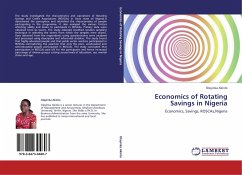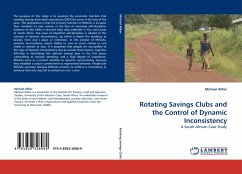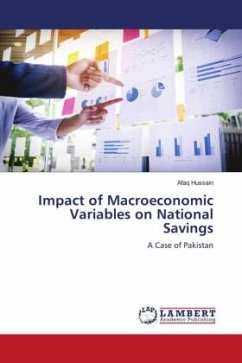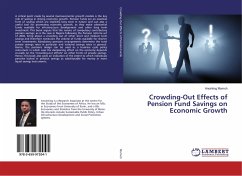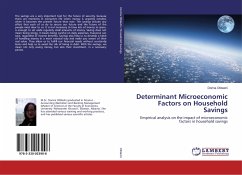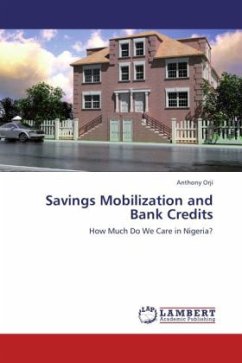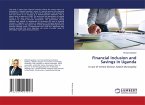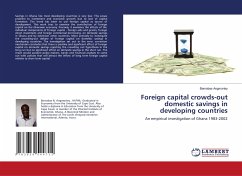The study investigated the characteristics and operations of Rotating Savings and Credit Associations (ROSCAs) in Osun state of Nigeria.It determined the perception and identified the characteristics of people participating in the programme. It also analysed the various factors affecting ability and desire to participate in ROSCAs. Primary data were obtained from six towns. The study adopted stratified random sampling technique in selecting the towns from which the samples were drawn. Data obtained from the respondents using questionnaires were analysed and processed using descriptive and inferential statistics. The study found that highly educated people and that public sector workers participated in ROSCAs contradicting the assertion that only the poor, uneducated and semi-educated people participated in ROSCAs. The study concluded that participation in ROSCAs paid off for the participants and hence increased patronage of diverse groups cutting across levels of education, sex, marital status and age.
Bitte wählen Sie Ihr Anliegen aus.
Rechnungen
Retourenschein anfordern
Bestellstatus
Storno

